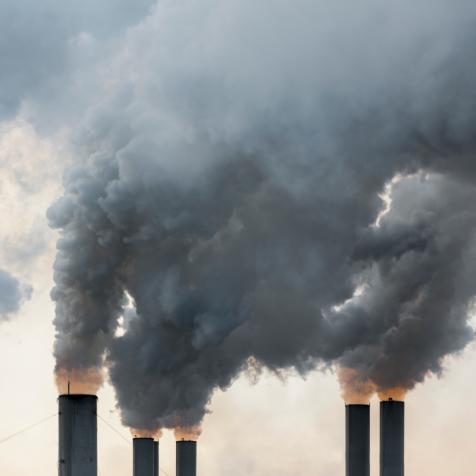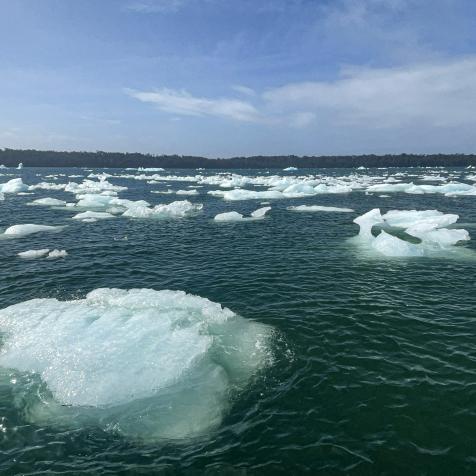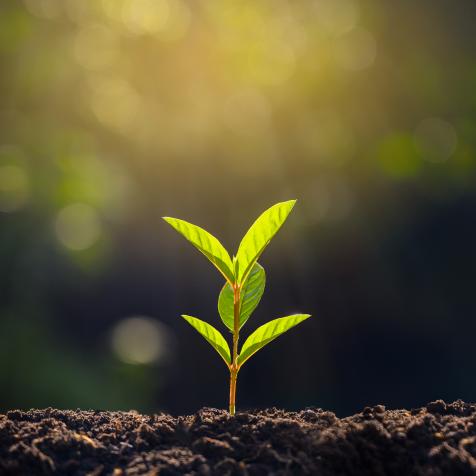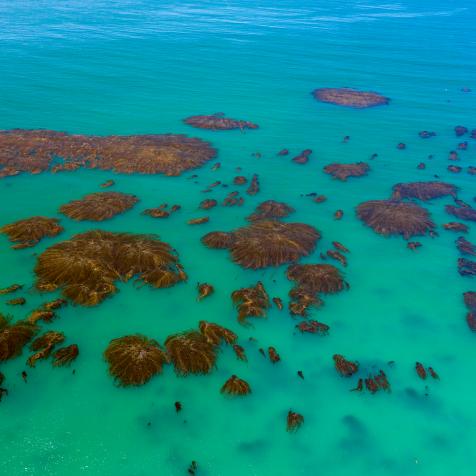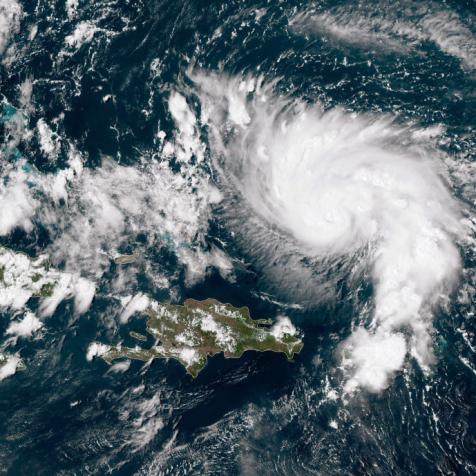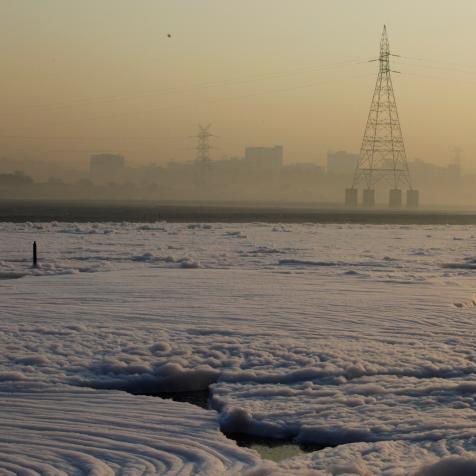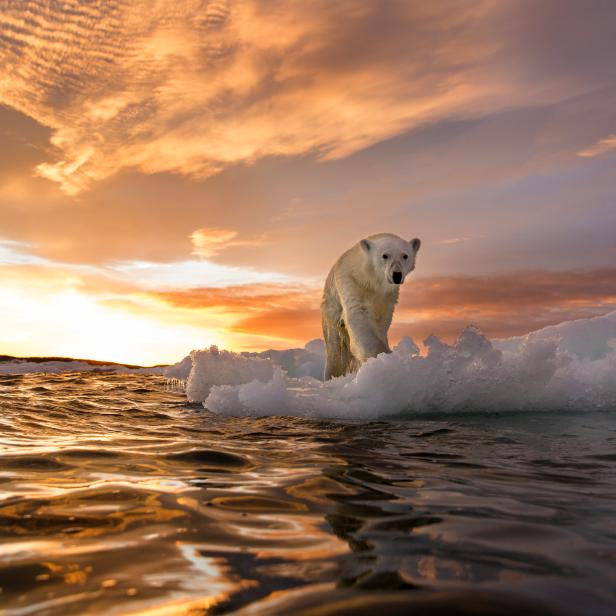
Paul Souders
There's a Biodiversity Crisis--Here's What You Need to Know
Despite the world slowing down during the pandemic and studies hailing the slowdown of pollution and positive benefits on the environment, there’s one thing that continued full throttle: the globe’s biodiversity crisis.
During the past year, numerous studies identified the extinction risk of several large species groups including one-third of shark species, 30% of European birds, and half of the world’s turtles, to name a few.
On September 29, 2021, the US Fish and Wildlife Service declared it would be removing 23 species from its Endangered Species Act, including the ivory-billed woodpecker, the Bachman’s warbler songbird, eight species of mussels, various Hawaiian birds, and freshwater fish. Not because they had pulled back from the brink of extinction, but because the USFWS believed these species would never recover, and were most likely extinct, therefore not requiring protection.
“Based on rigorous reviews of the best available science for each of these species, the Service has determined these species are extinct, and thus no longer require listing under the ESA,” the statement read. “Protections were provided too late for these 23 species.”
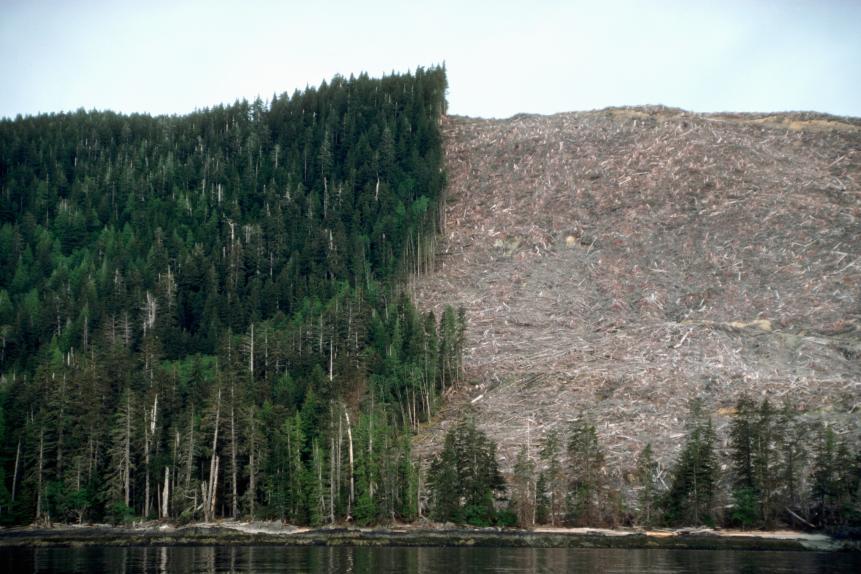
Joel W. Rogers
Forest clear-cutting scars the coast of Lyell Island in the Queen Charlotte Islands. British Columbia, Canada.
In April, 195 countries are getting together in China for a flagship UN conference to discuss global agreements to protect nature and biodiversity, with the hopes of finalizing an accord to safeguard plants, animals, and ecosystems. However, the new strain of Covid-19, Omicron, has potentially thrown the plans into disarray, and negotiators may switch to online if travel restrictions to China are implemented again.
“We must not go another four months without any progress,” said Georgina Chandler, senior international policy officer at the Royal Society for the Protection of Birds RSPB. Conservationists are urging the talks to go ahead – online if necessary – as the biodiversity crisis shows no sign of slowing up.
“Nature loss has not gone away and threatens both human lives and the global economy,” said WWF’s Lin Li, who is director of global policy and advocacy at the organization. "With one million species currently threatened with extinction, delaying action is not an option."
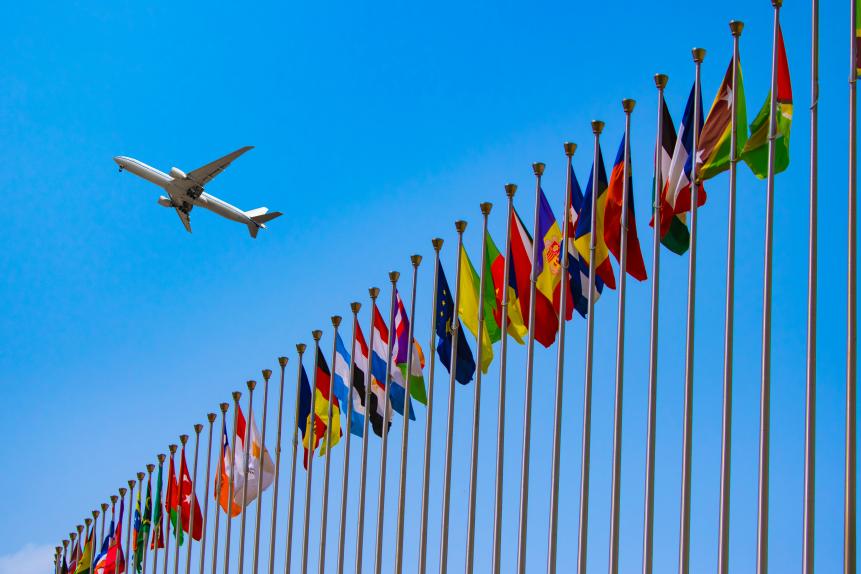
honglouwawa
The United Nations
Improving conservation and management of natural areas, such as parks, oceans, forests, and wildernesses is seen as crucial to safeguarding the ecosystems on which humans depend and limiting global warming to internationally agreed targets.
However forests are still being decimated, often to produce commodities such as palm oil and for cattle ranching and agriculture. As trees absorb about a third of planet-warming emissions produced worldwide, stopping deforestation is key.
At COP26 in Glasgow last November, world leaders pledged to halve deforestation by 2030, and invest $19 billion in public and private funds to protect and restore global forests.
It’s easy to feel disheartened by the doom and gloom news, but the only way to stop more species suffering the same fate is to pay attention and take action.
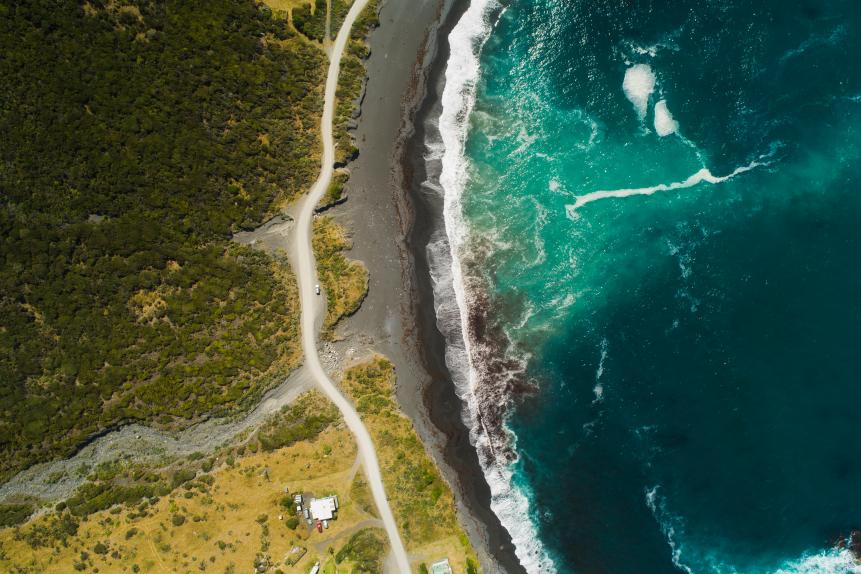
Nazar Abbas Photography
Get involved in local voting to ensure your representatives put the climate first, educate yourself and others, support environmental organizations, learn how you can encourage wildlife in your own backyard, and put the environment first in your buying habits.









